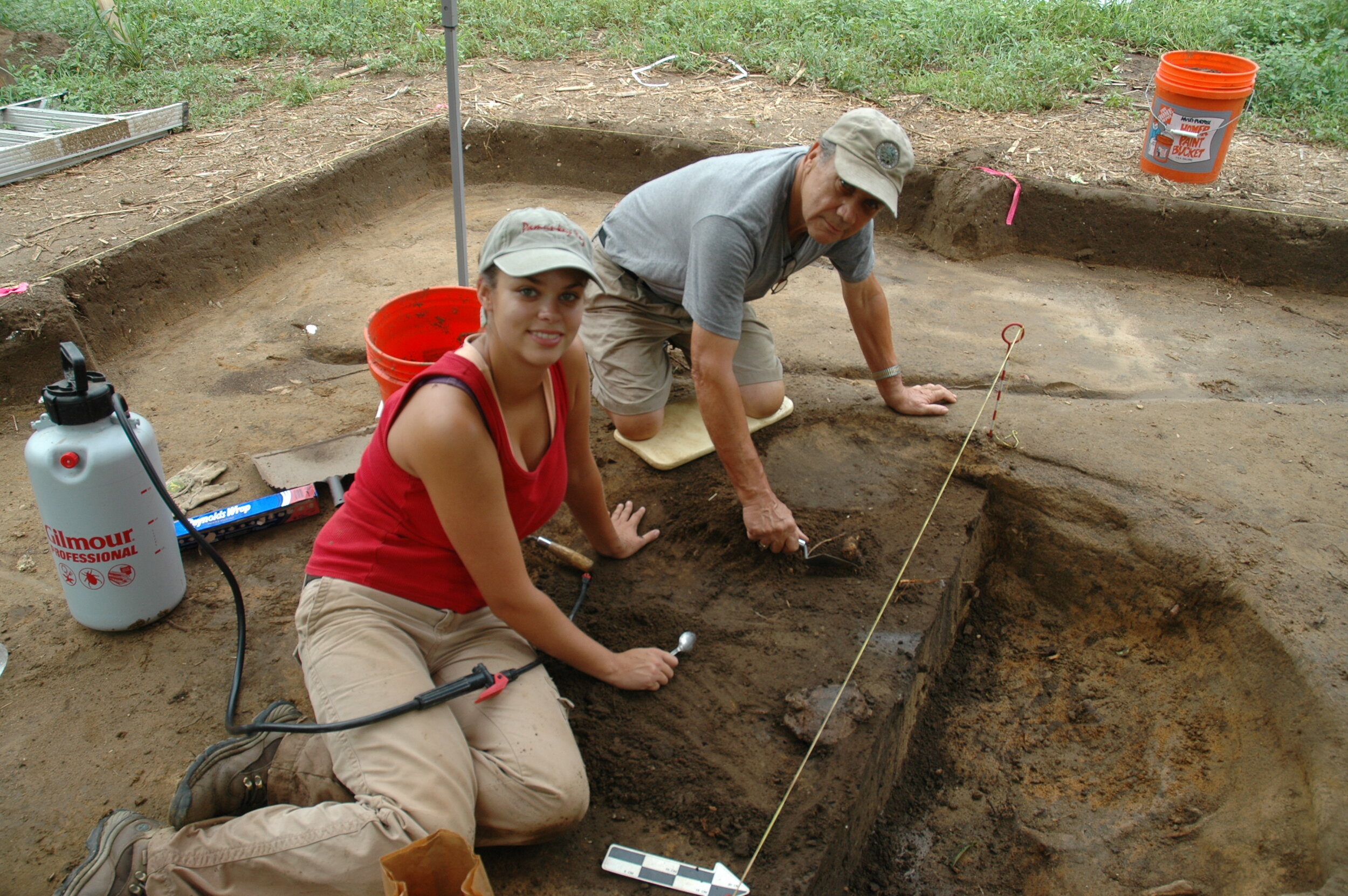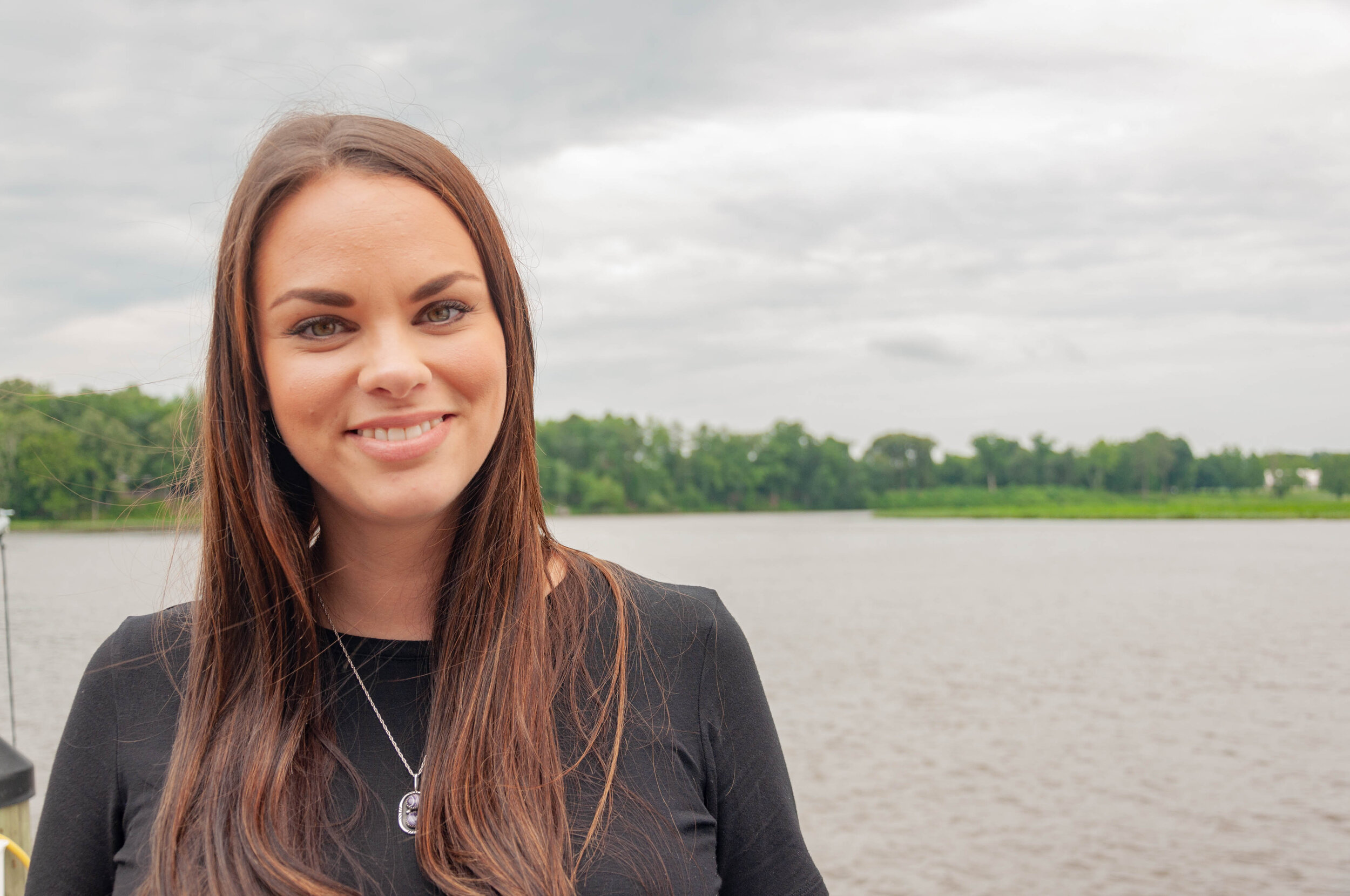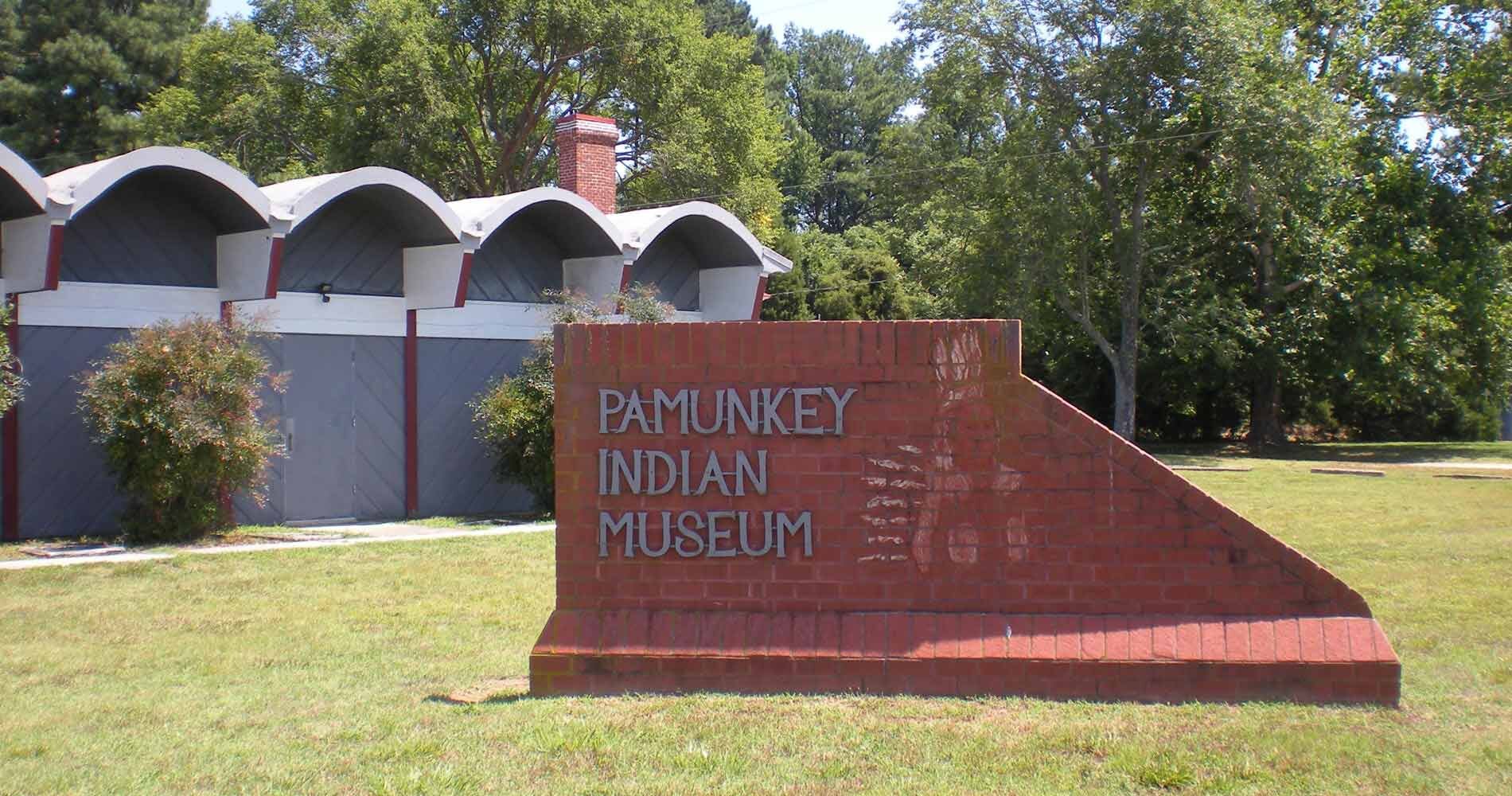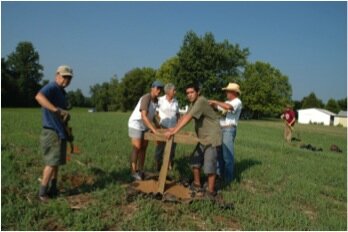Today’s podcast features Dr. Neha Gupta, Assistant Professor in Anthropology at The University of British Columbia, Okanagan. We talk about how archaeology in both India and Canada is shaped by colonialism in different and similar ways. Dr. Gupta explains how she is perceived working in the two different settings as a South Asian woman and how she uses digital tools towards an anti-colonial archaeology in both India and Canada. This discussion focuses on varied topics ranging from the MINA | Map Indian Archaeology project and how to balance open research with the rights of Indigenous people.
Links
MINA | Map Indian Archaeology
Dr. Gupta @archaeomap (twitter)
Contact
Jessica
Lyle
ArchPodNet
APN Website: https://www.archpodnet.com
APN on Facebook: https://www.facebook.com/archpodnet
APN on Twitter: https://www.twitter.com/archpodnet
APN on Instagram: https://www.instagram.com/archpodnet





